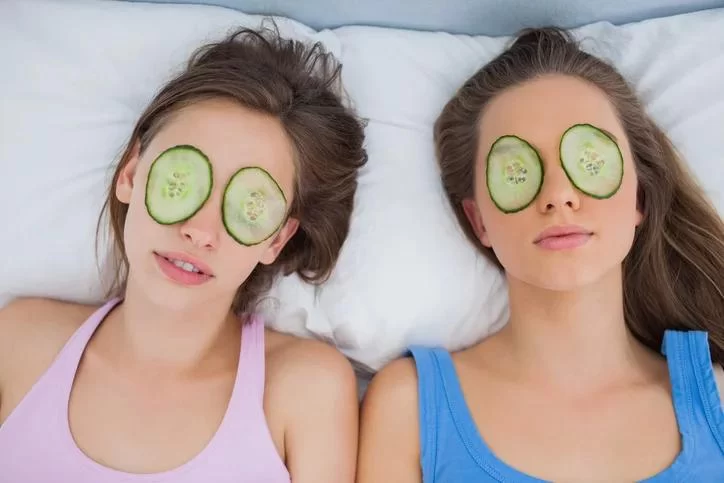
How I Learned to Protect My Eyesight Through the Years
Turning 50 felt like a new chapter—and with it came some surprises, especially with my eyesight. I started noticing blurry vision at night, more eye strain when reading, and needing more light just to see clearly. As someone who has always valued independence, I knew I had to take charge of my eye health before these changes became permanent. So, I dug into research, talked to specialists, and made some life changes that helped me maintain healthy vision well into my 60s.
1. Prioritizing Regular Eye Exams
For years, I skipped eye exams because my vision was "fine." That changed after my cousin Jim—who’s just a few years older—was diagnosed with glaucoma during a routine eye checkup. He had no symptoms. That scared me enough to schedule an appointment. Since then, I’ve committed to annual comprehensive eye exams. Catching early signs of conditions like macular degeneration or cataracts can make all the difference, especially when treated early.
2. Managing Screen Time with the 20-20-20 Rule
Even in retirement, I spend hours in front of a screen—whether it's browsing news or video calling grandkids. Digital eye strain is real. My optometrist taught me the 20-20-20 rule: every 20 minutes, look at something 20 feet away for at least 20 seconds. It sounded silly at first, but it drastically reduced my headaches and eye fatigue. I even put a sticky note on my monitor as a reminder.
3. Eating Foods That Support Eye Health
I’ve always enjoyed good food, but now I eat with my eyes in mind. Leafy greens like kale and spinach, vibrant carrots, sweet potatoes, and omega-3-rich salmon are now staples in my diet. These foods are rich in lutein, zeaxanthin, and vitamin A—nutrients that help protect against age-related macular degeneration. I’ve noticed a real improvement in my night vision since changing my meals.
4. Wearing Sunglasses Year-Round
I used to think sunglasses were just for summer, but UV rays are out year-round. Overexposure can speed up cataract development and damage the retina. I invested in a quality pair of sunglasses with 100% UVA and UVB protection. Now, whether I’m walking my dog in winter or gardening in spring, my eyes are shielded.
5. Controlling Blood Pressure and Blood Sugar
High blood pressure and diabetes run in my family, and I learned they can wreak havoc on eye health. I started tracking my blood pressure and reduced my sugar intake. Regular exercise, a low-sodium diet, and managing stress levels became essential parts of my routine. My eye doctor told me that these changes helped prevent diabetic retinopathy and hypertensive retinopathy—conditions that can lead to blindness if left untreated.
6. Getting Enough Sleep and Staying Hydrated
Dry eyes plagued me for years, especially in the mornings. It turns out, dehydration and poor sleep were part of the problem. Now, I aim for 7–8 hours of sleep and drink water throughout the day. I also use a humidifier in the winter and artificial tears when needed. These simple steps have kept my eyes more comfortable and less irritated.
7. Reducing Smoking and Alcohol Consumption
I was never a heavy smoker, but I used to enjoy a cigar during holidays. Once I learned that smoking significantly increases the risk of age-related macular degeneration and optic nerve damage, I quit entirely. The same goes for alcohol—I now drink in moderation, as excessive alcohol depletes the nutrients your eyes need.
8. Staying Informed and Sharing My Experience
As I learned more, I began sharing what worked for me with friends and family. My daughter even took her kids to the optometrist earlier than she planned after hearing about Jim's glaucoma. I also joined a local vision wellness group where we share tips and support each other. Staying informed has not only helped me but also those I care about.
If you're over 50 and beginning to notice changes in your eyesight, don’t wait. Take small, manageable steps now. And if you're unsure where to start, visit Eye Docs to find the best ophthalmologists, clinics, and services tailored to your needs. Your future self will thank you.








